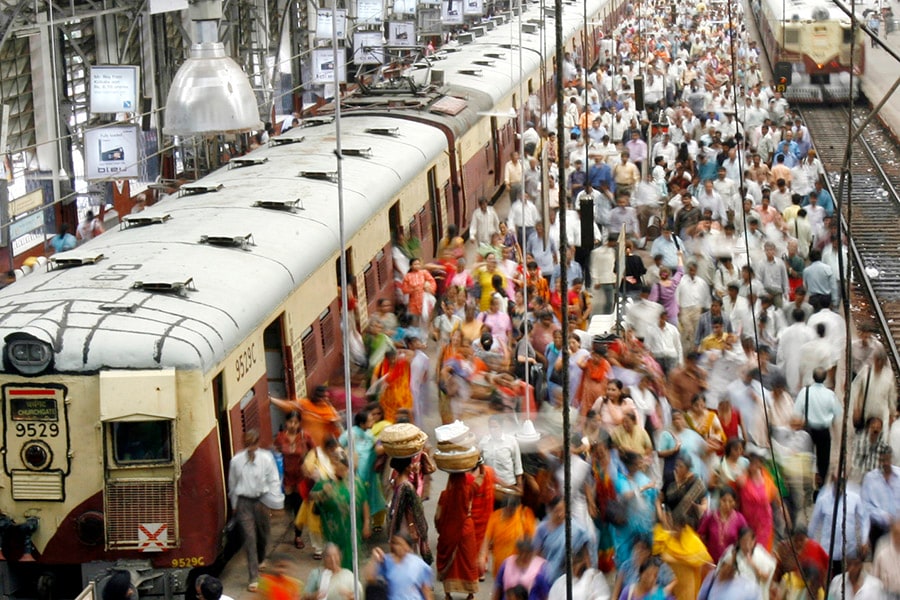
Migrants contributed 9.4% to global GDP in 2015
A McKinsey Global Institute report shows that the economic impact of migration has been positive for the world economy, particularly developed nations. However, challenges remain

Cross border migrants, who made up 3.4 percent of the world’s population in 2015, contributed 9.4 percent ($6.7 trillion) to its GDP, a report by McKinsey Global Institute (MGI) titled ‘People on the move: Global migration's Impact and Opportunity', revealed on Thursday. The subject of migration has featured prominently in several important global events over the past year, from the Brexit vote to the American presidential elections, and spurred in part by the refugee crisis in the Middle East. “Despite the misgivings and controversy surrounding it, cross-border migration is a natural outcome of a more interconnected world and a global labour market,” the report, which also suggests that a vast majority of migrants are economic migrants and not refugees or asylum seekers, stated.
This interconnectedness also means that more people than ever before are on the move. In the past 15 years, the report said, the global migrant population has risen by 74 million to a total of 247 million people in 2015 that were living in a country that they were not born in. This, in turn, has been a net positive for the global economy. The significant economic contribution of migrants partially stems from the fact that two-thirds of them move to developed nations, which ensures higher levels of productivity. However, developed nations also received 90 percent of the gross GDP contribution of migrants, the report said.
Migration, it said, does entail short-term costs for host nations in terms of border security and processing of entering migrants. “The short-term costs can escalate for countries admitting a large wave of refugees.” However, one of the primary reasons migration remains a hot-button topic in many countries is because of its perceived impact on wages and the belief that migrants reduce the number of jobs available to native residents. And though the data in MGI’s report suggests that “immigration does not appear to harm the long-run employment prospects or wages of native-born workers,” fears persist.
The report advocates actions across various levels of government and beyond, to enable better integration among migrants and their host communities. “Examples around the world show it is possible to narrow the productivity gap between migrants and native-born individuals through better integration, but no country is achieving strong integration outcomes across all the areas that MGI measured,” said Anu Madgavkar, global report author and MGI Partner based in Mumbai. The report, she added, showed that better integration had the potential to add nearly $1 trillion to the global GDP. “Everywhere has more to do to get this right.”
X





